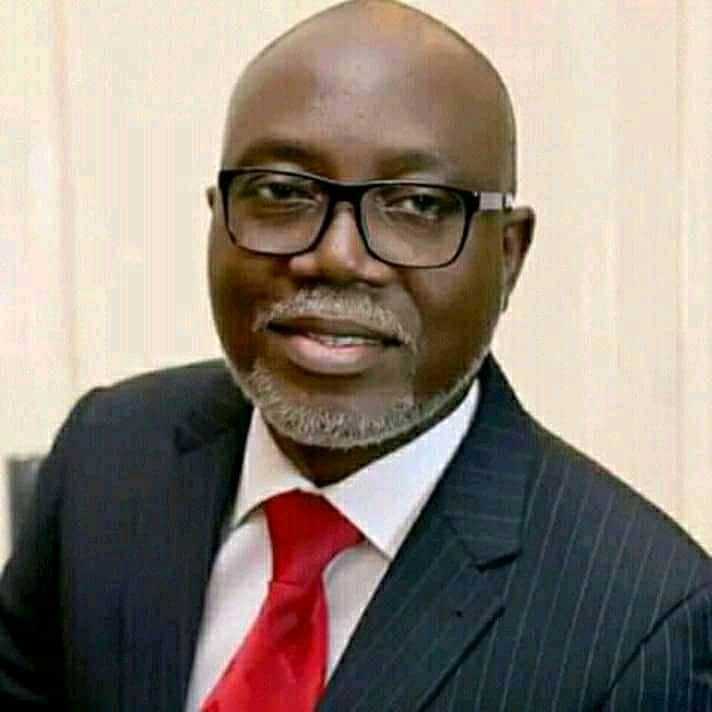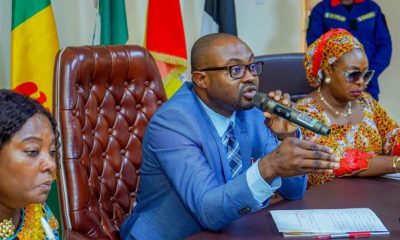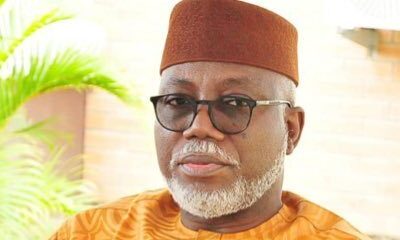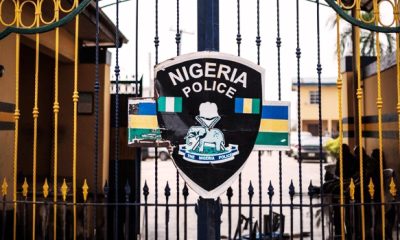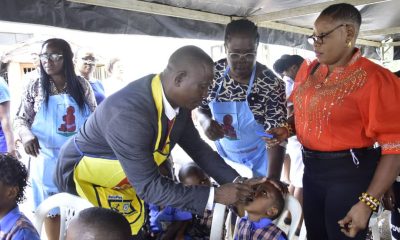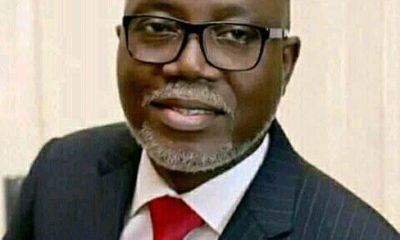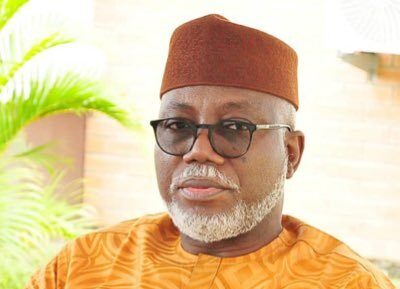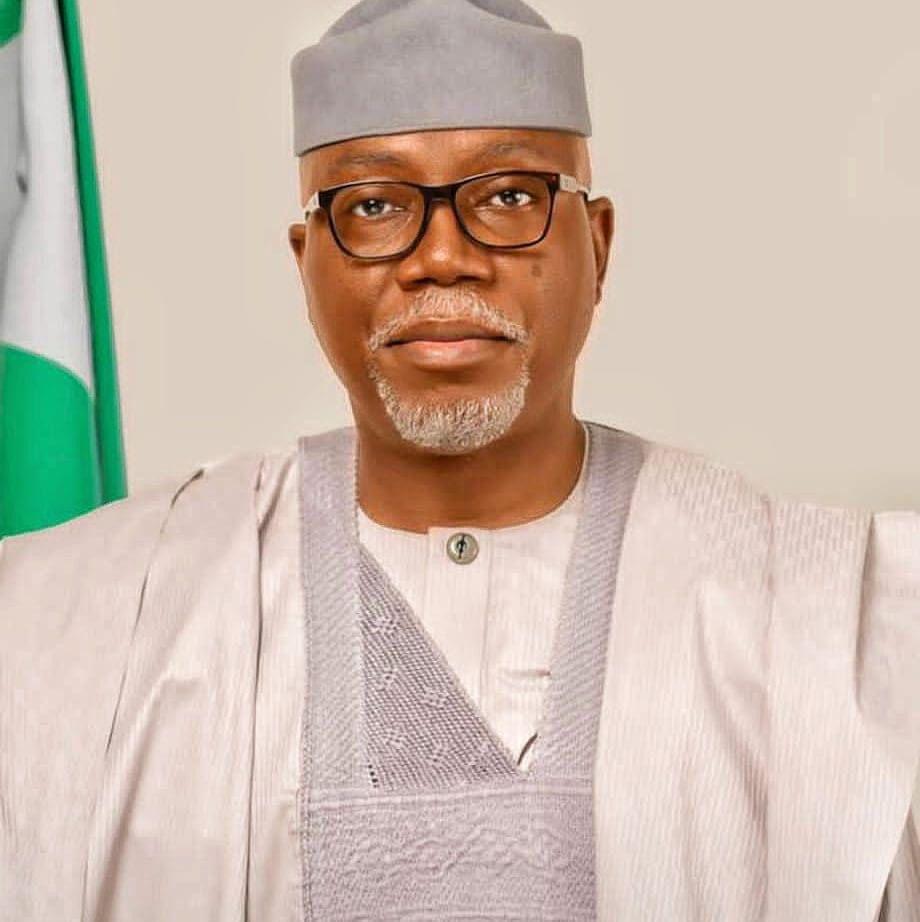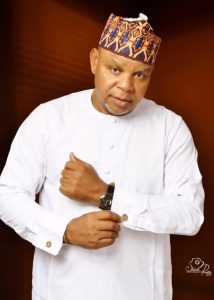By Sola Ajisafe, Esq
” The worth of a man is not in the vastness of his estate or the fatness of his vault but in the totality of his character and serenity of his inner being” – Anonymous
Last week, I called out our Governor about the whereabouts of his wife, our First Lady and why the “Oza room” had been empty. Nothing of note came out from him or his aides that tends to answer the relevant question. This is a common practice in the media orgy coupled together currently around the Governor. They will “leave ete to be treating lapalapa”.
Just like the ridiculous Press Statement about the clownish violence perpetrated on his other contestants during the President’s visit or the anti- Aketi executive poorly put together by Lucky. Wetin be my own? Today, my attention is to ask Mr. Governor ” Where is your Aketi beard?
The disappearance of Lucky’s beards is a significant pointer to how fake, unreliable and fluid our Governor is as a person. The open celebration and association with Aketi arch enemies, betrayers and discredited individuals in his newly inaugurated Executive is a pointer to what to expect in that government. Aside from a few individuals, that teal lack character and content. Anyway, (10) months no be anybody’s friend. E no dey play o.
Mr. Governor, it was not news that on your return from your long Abuja trip with your “Abuja activists”, the first thing Ondo State people noticed was that you have changed your looks and the Aketi beard had disappeared. If there was anything to point to the fact that the romance between you and your boss had ended, it was that change of personality. When on the day you addressed a press conference asking for forgiveness it was clear that you were playing with our intelligence as a people.
I know as of a fact that in Nigeria of today, everything is cruise, just like most politicians in Nigeria are petty traders. They lack originality, political ideology and are bereft of sound intellectual understanding of what it means to be politically straightforward and upright. They are duplicious in their actions and profoundly vague in their thoughts. They are not better than Aba/Onitsha or China ( Chinco) products usually referred to as ” baruf” (fake) during our secondary school days.
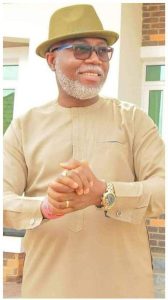

When the going was good
I said Nigerian politicians are cruise chasers. The current vogue of wearing Awo or Afenifere cap remains a valid example. At a point in time, every manner of persons adopted it as their passport to enter the progressive palour. As they come in many colours and shapes so are the baboon elements and their virtues. They only take to mind the shapes and the embossed scollopings. They do not come an inch close to what it represents. Many of them and the ” alright sir boys” around Alagbaka government house/office have the same mental attributes except that one give alms while the other takes. All na same.
Just like the Awo cap, some elements within the Akeredolu government picked up the tendency of wearing beards immediately Aketi came on board in 2017. Not long after some of them could not maintain the discipline and tenacity that came with having the Fidel Castro or Che Guevara beard. That was what Aketi carried as far back as his days in the University or shortly thereafter. Time and age enveloped it and turned it to a Father Christmas on him.
Our Governor, Hon. Lucky Ayedatiwa was one of those that started the culture of wearing beards like Aketi. He was helped by time and age so he does not have to add anything to make it white. Yet, “abinibi” is quite different from “ability”. While Aketi’s beard was custom made, those of the copy cats were as fake as the products of “Yaba Apa Otun, Katangua or Oshodi under bridge”where tokunbo clothes and materials are sold.
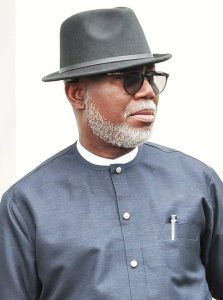
With Aketi’s beards
The story here is not just about wearing a beard to look like your boss. I used to pity these imitators in those early days of the Aketi government. They do not carry those beards because it fits them or that they were comfortable. They carried it to show off their loyalty. I have seen people move from one politically exposed person and one party to another wearing the badge of their loyalty like an insignia of office only to take to flight immediately something happened. I have heard people tell me ” I will read Aketi like a book for eight (8) years, only to take to flight having realized that the man is nearing his end. They divulged his medical history to his ” ota-friends” and ” ore-nemies”.
For instance, who would believe that Hon. Lucky Ayedatiwa will so soon return almost clean shaven from his haitus in Abuja without the ” emergency beards” that he wore so much and faithfully when he was stalking Aketi and his family to get political relevance. Immediately he got what he wanted and he learnt from the snitches who report every action of Aketi to him he “dis-beard” himself from Aketi and became the Lucky of the emergency activists both in Abuja and in Ondo State.
For me, loyalty is not something to be worn like a badge or rendered like a song. Loyalty does not mean you cannot quarrel or disagree on principle. It also does not mean you should be a slave. However, loyalty means “one for all, all for one”. When it’s comfortable or not comfortable.
Every leader and influential person must learn something from the life and times of Aketi. Human beings love what they can get from you. They do not care about you so soon you are no longer useful to them or you no longer posses the capacity to do things for them.
I call on everyone that still has a dint of humanity in them and felt a hunch for Aketi and decided to stay with him during his trying period and are been persecuted to know that a new dawn is in the offing. And for those who benefitted from Aketi but contributed towards his death by their actions and deeds or are determined to destroy his legacy or are willing to forget the good old days to note that Karma is a bitch and so unforgiven. Just take note of my words.
The disappearance of Lucky’s “Aketi beard” was too sudden. It showed there was no altruism in it in the first place.

 News3 years ago
News3 years ago
 Entertainment2 years ago
Entertainment2 years ago
 News3 years ago
News3 years ago
 Privacy3 years ago
Privacy3 years ago
 Sports2 years ago
Sports2 years ago
 Entertainment2 years ago
Entertainment2 years ago
 News3 years ago
News3 years ago
 Opinion3 years ago
Opinion3 years ago
